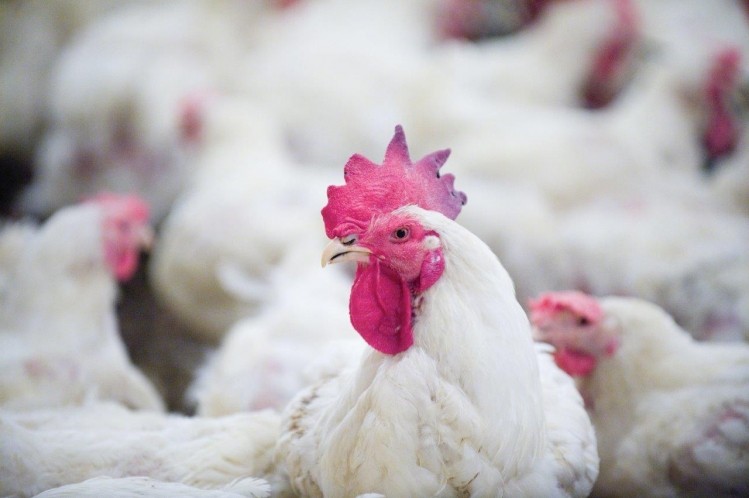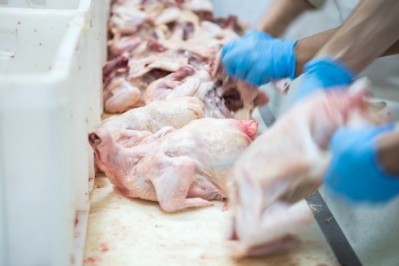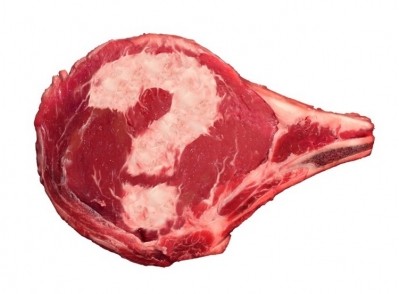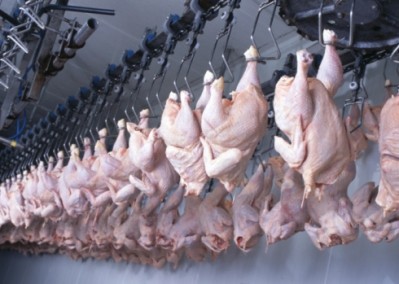OPINION
Chlorinated chicken fears unfounded: ex-food safety boss

I spent half my career in line management in food manufacturing – including chilled poultry production – and I am familiar with standards in a wide range of food production sectors, including meat and poultry products, both in the UK and in Europe.
We should welcome public scrutiny about technical standards, practices and above all, food safety, and at all times be open about specific issues that from time to time become contentious. This includes chlorinated chicken – whether home produced or imported from the US, or anywhere else.
The primary professional duties in all food animal production are that the processes employed must be humane in the first instance, and hygienic thereafter.
Salmonella cross-contamination
The primary food hygiene consideration with all poultry products is the control and elimination of salmonella cross-contamination, for the simple reason that salmonella bacteria have to be regarded as a normal but endemic gut contaminant in all poultry destined for poultry meat consumption.
Poultry processing employs extensive use of water, from the defeathering stage through to evisceration and dressing. Clean potable water is always employed for these purposes, and it is worth pointing out that in most UK processing plants, municipal water supplies may be used – which will have a residual chlorine content, in line with all domestic drinking water. Additional chlorination has generally been regarded as unnecessary in the UK.
The size and scale of the US means that proportionately more US plants will have their own private borehole fresh water supplies than will be the case in the UK and, therefore, would employ factory-added chlorination as a standard precaution.
The slightest hint of chlorine
The use of chlorine in water supplies used in food processing is not regarded as a safety problem, though some food products may be flavour sensitive to even the slightest hint of chlorine and particular precautions are employed with these. Poultry itself is very mild-flavoured, which could be a consideration if excessive chlorine was ever used during the production stages.
The food safety concern sometimes expressed with the use of chlorinated water in ‘wet’ food production, particularly of protein foods such as meats and poultry lies with the theoretical production of chloramines, but this has not been considered a major safety issue in practice.
I have witnessed both good and bad standards in food processing plants in every country I have visited. It is a trope to suggest that US food safety standards are inferior to European, or that US poultry plants require additional chlorination to offset poorer standards.
















